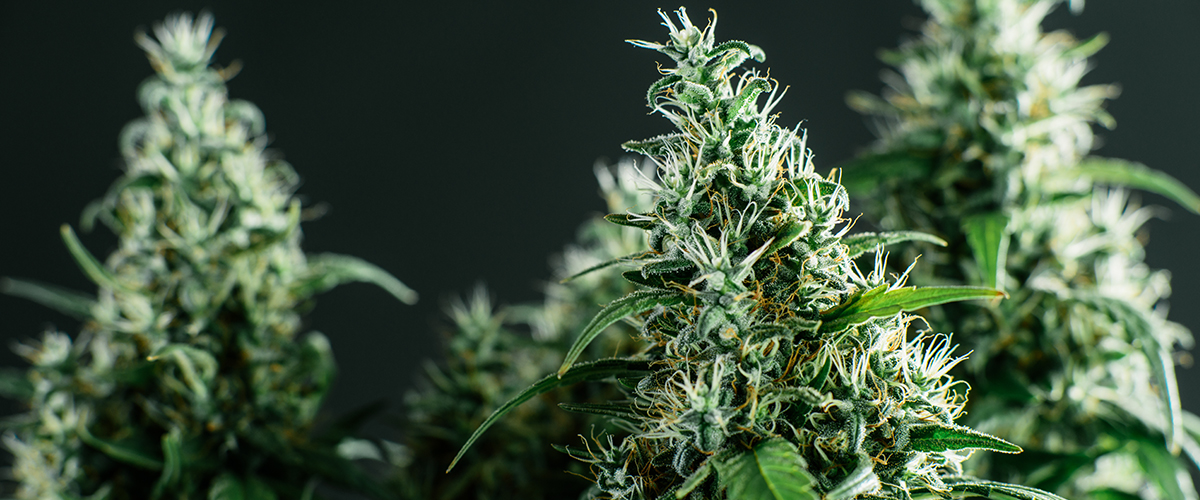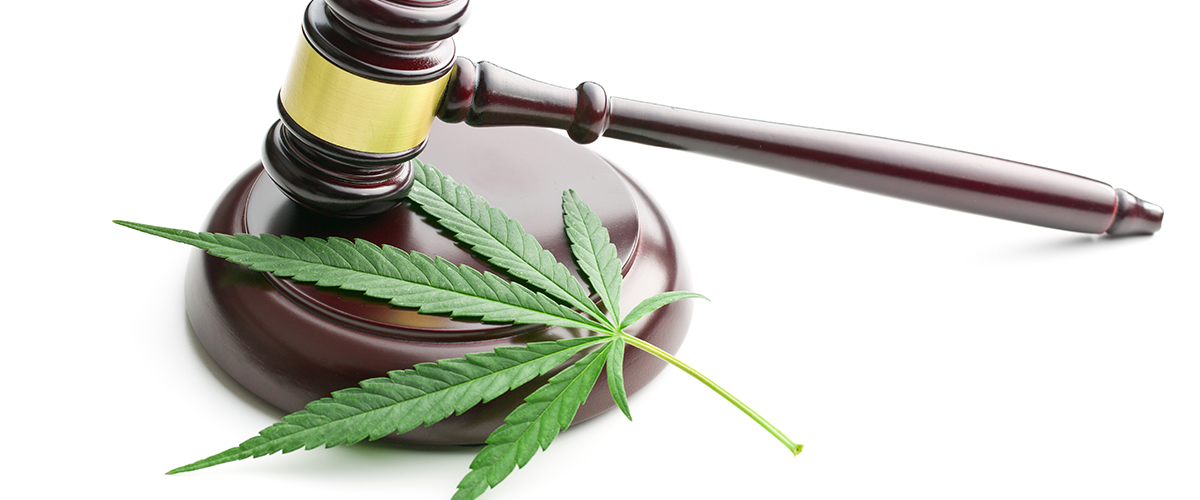As the marijuana industry becomes normalized, proper trademark procedures become critical in the creation of brands.
With names like Weedos, Cap’n Munch, Reefers, and Mr. Dankbar, there is no shortage of cannabis brands with parody names borrowed from popular brands, but do these names open marijuana companies to litigation?
While this trademark problem had long been linked to edible companies, a recent case involving Gorilla Glue adhesive and the popular Gorilla Glue strains reveals that the cannabis industry isn’t protected from the threat of copyright infringement lawsuits and must adhere to U.S. copyright laws. The 23 year old adhesive company sued GG Strains, the originators of the Gorilla Glue strains, for trademark infringement, dilution of brand, unfair competition, and cybersquatting.

“Confusingly Similar” Branding
Gorilla Glue Co.’s allegation was that by marketing their strains under “confusingly similar” names, GG Strains was capitalizing on the reputation built by Gorilla Glue over the course of its 23 years of business. GG Stains came to popularity on the back of strains named Gorilla Glue #1, Gorilla Glue #4, and Gorilla Glue #5.
Gorilla Glue Co., the adhesives company, and GG Strains, the cannabis company, reached a settlement in their trademark dispute that will see GG Strains transition away from using the Gorilla Glue names, any gorilla imagery, and other similarities to Gorilla Glue’s trademarks by Sept. 19, 2018.
Licensees of the strain have 90 days from Sept. 19 to similarly cease using the word “gorilla” or any associated imagery or trademarks and can only reference its former namesake for a one year period so long as it’s preceded by the phrase “formerly known as”.
GG Strains must also shut down and transfer its gorillaglue4.com domain to the adhesives company by Jan. 1, 2020. Gorilla Glue Co. will not activate or use the website.
GG Strains’ rebranding plan will name the strains simply as “GG#1,” “GG#4,” and “GG#5.” Ross Johnson, founder of GG Strains, said the suit and rebranding efforts will ultimately cost the company $250,000, but the resolution allows the company to move forward.
Tom Hankinson, attorney for Gorilla Glue Co. said he hoped other cannabis industry participants “will respect these companies’ resolution of the matter.” He is alluding to the unregulated marijuana strain naming process. Any dispensary can place a strain on their shelves and call it Gorilla Glue, making it difficult to fully enforce the settlement.
It is unlikely that this will be the final incident in the copyright fight for cannabis companies. In recent years, The Girl Scouts of the United States of America sent cease and desist letters to at least two California dispensaries selling strains named “Girl Scout Cookies.” This has prompted many dispensaries to rename their Girl Scout Cookies as “GSC”. Unlike in the Gorilla Glue case, the genetics of Girl Scout Cookies is less controlled, meaning there is no central or original breeder to take legal action against.

Issues Trademarking Marijuana Strains
Strain naming is largely an informal process, and no local marijuana regulations require accurate strain labeling by dispensaries.
That means that it can be hard to know whether you are getting genuine Sour Diesel, Blue Dream, or OG Kush. As the cannabis market matures, however, companies and breeders are looking to protect their intellectual property, and many newly introduced strains are heavily branded by the creators.
In any modern market, if you want to build a brand and protect its identity, it has to be something that can be trademarked, meaning it must be original. The federal government, however, doesn’t issue trademarks for marijuana strains, making it hard to build a national cannabis brand.
State trademarks can be a different story for these brands. GG Strains applied for state trademarks, receiving them in Colorado and Nevada. The company is still awaiting a trademark application submitted in California.
Protecting intellectual property like strain names and genetics is important to companies like GG Strains, which sees itself as a licensing firm, certifying producers in states like California. When a farmer in a legal marijuana state believes it is cultivating genuine GG#4, it can ask GG Strains to certify the product based on its characteristics and chemical profile. This is important because it is common practice to interchange names of strains in order to ensure the most popular strains are on the shelves of the shops.
While this won’t keep some growers or dispensaries from labeling different strains with the GG#4 name, it helps the company control the genetics of the plant by letting the public know if a harvest is a genuine GG Strains product.

Learn More
The cannabis industry has a long way to go before it gains all the same intellectual property protections as traditional industries. Until then, companies like GG Strains will continue to need to innovate ways to protect the integrity of their brands.
Stay up-to-date with developments in the cannabis industry by following our news feed and get the latest on cannabis news, changes in cannabis laws, and other informational articles.






